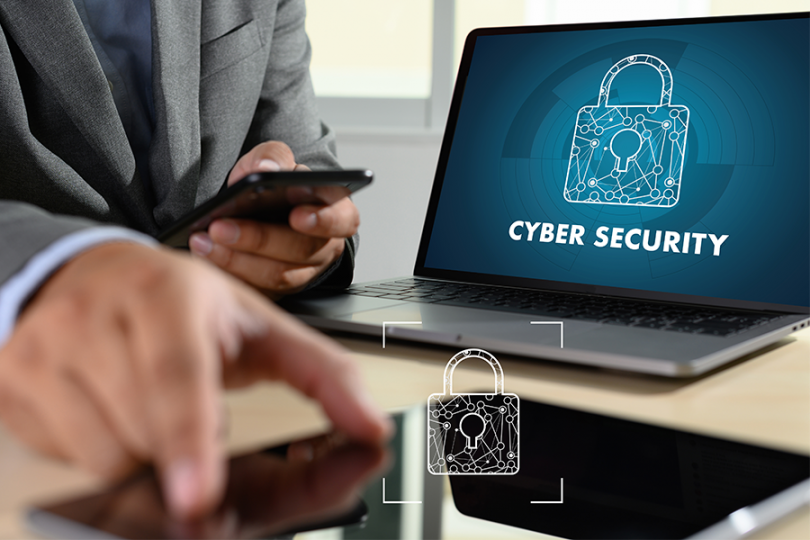No small business owner should have to entertain the thought of their livelihood being taken away from them because they didn’t protect their digital assets from a cyber attack.
Here are 5 useful tools to help make your small business more cyber safe – no degree in computing required.
1. Sucuri Sitecheck
Incredibly easy to use, Sucuri Sitecheck will detect if your website has been infected with malware or viruses.Some small businesses may have been exposed for years, often not being privy to the fact that if your website it deemed unsafe, that Google would remove your website from their search results
That’s where it can help to type your website into Sucuri Sitecheck. As well as checking for evidence of hacking and malware, it also checks for potential vulnerabilities like unpatched software.
2. Password Strength Meter
The one thing standing between you and a really bad day might be the number of guesses required to crack your password.
The problem with the many measures of the strength of your password is that they only look at how long it is and whether you use a mix of upper and lower case letters, numbers and symbols. This doesn’t account for more modern password cracking techniques that look for common words, patterns and variations.
That’s where this meter comes in. It estimates the strength of your password by looking beyond just the number and variety of characters. It assesses it for the kinds of things that your attacker might have in their password cracking dictionary.
3. LastPass
While we’re on passwords, how many of you have used the same password across multiple websites? Come on, be honest.
Part of the problem is that often when we pick our passwords, we have no idea whether we’ll be using it for 5 years or 5 minutes. However, just because you’re not sure it’ll be around for a long, doesn’t mean you have any assurance that they’re securely storing this password that you use across dozens of other websites. In fact, those ultra niche social and ecommerce sites are often the worst offenders when it comes to storing passwords safely. They might not even encrypt it.
That’s where it helps to use a password manager. You can just randomly generate a new password whenever you want one and don’t need to worry about having to remember it. And instead of having to dozens of passwords of very varying quality, you only have to remember one very good one.
4. Malwarebytes
Are you on Windows 10 and finding that it’s getting really slow? There could be a few different reasons; however, chances are, it’s malware.
Malwarebytes scans your hard drive for any evil nasties that your antivirus software has missed and throws them in the bin where they belong.
5. GlassWire
Here’s another monitoring and security tool for Windows 10 users. Glasswire differs from Malwarebytes in that, instead of scanning your hard drive, it monitors your network traffic.
It’s incredibly informative. As well as revealing telltale signs of malware, it shows you which apps are behaving badly or hogging all your bandwidth, and allows you to block their connections either temporarily or permanently.
It also gives you a heads up if anyone – perhaps a hacker – has established a remote connection to your machine. It can even warn you of strangers who have connected to your wireless network to steal your bandwidth.







